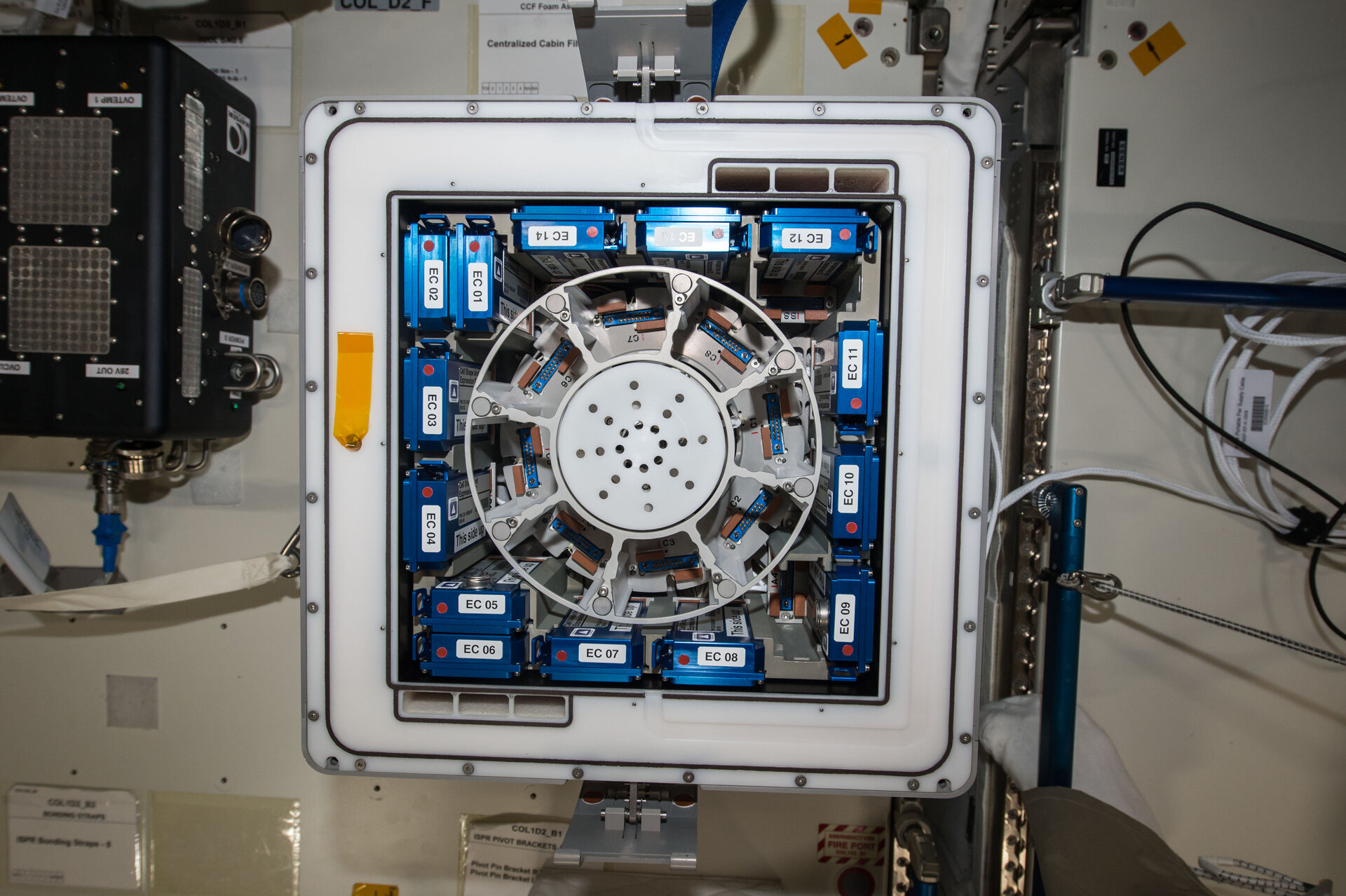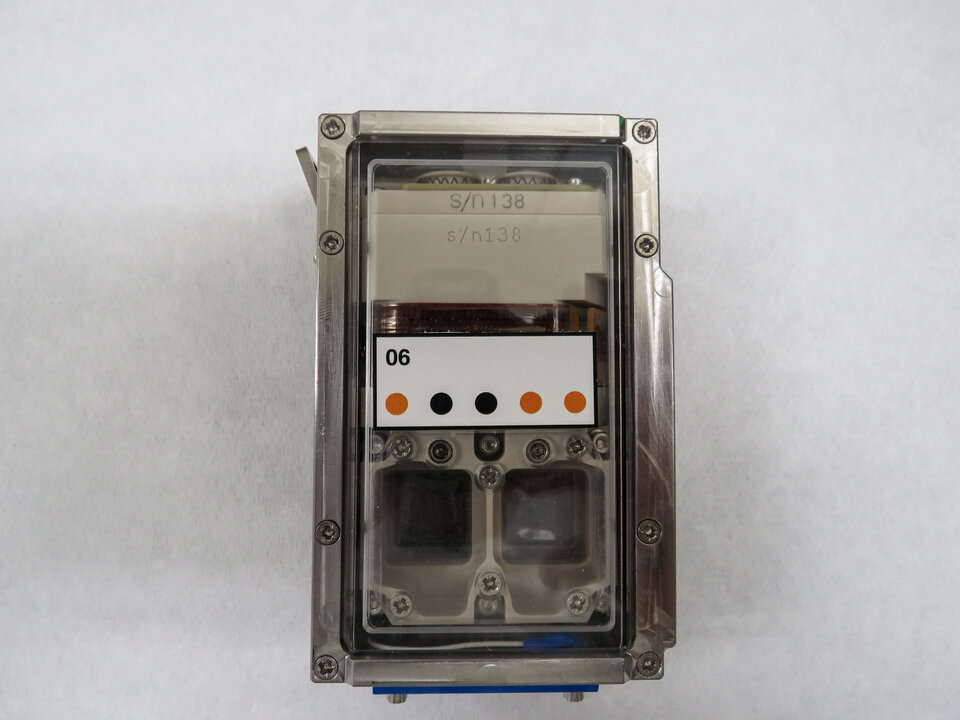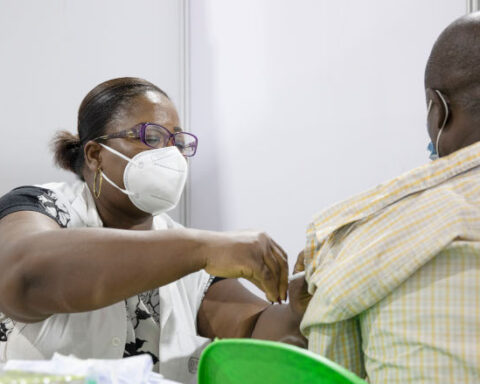COVID-19 medicine
Scientists will use Europe’s commercial ICE Cubes Service to test a COVID-19 medicine in microgravity in order to better understand how remdesivir interacts with its delivery substance cyclodextrin so that the drug’s efficiency can be improved. It will be the first time any COVID-19 related research takes place on the International Space Station.
The experiment represents collaboration at its finest: The customers, InnoStudio and Cyclolab, are using the High Quality Protein Crystal Growth Service Kirara, operated by the Japan Manned Space Systems Corporation (JAMSS), to run an experiment in the ICE Cubes Facility, managed by Space Application Systems, in ESA’s Columbus laboratory.
BioAsteroid
The University of Edinburgh’s BioAsteroid mission will use the Bioreactor Express Service to investigate how gravity affects the interaction between microbes and rock in a liquid in reduced gravity, with support from the UK Space Agency. BioAsteroid builds on recently published research of the BioRock experiment that looked at how microbes performed under different gravitational circumstances to extract resources from rocks. These microbes could give us key insights on our way to colonising the Moon and Mars.
The BioAsteroid project is a great example of how working with commercial partners can drastically speed-up research. It took roughly a decade for its predecessor BioRock to make it from conception to the International Space Station and back, whereas BioAsteroid will be traveling to space within a year from its conception.
Benefits
Traditionally, research in orbit has been managed by governmental space agencies, working with scientists on the ground as the astronauts perform experiments on the International Space Station. But as the space industry expands, more commercial partners are getting involved.
These experiments demonstrate the benefits of working together with commercial partners. Researchers do not need to wait for a call for ideas or enter a selection process to be considered for an experiment aboard the International Space Station. This is an advantage for companies that are looking to be first on the market to present their results.
Increased access, market benefits for commercial companies and shorter execution times all continue to increase the amount of space research and can therefore lead to new, more rapid discoveries. Discoveries that will help us explore farther into space, while at the same time providing benefits for people here on Earth, are good news for everyone.







